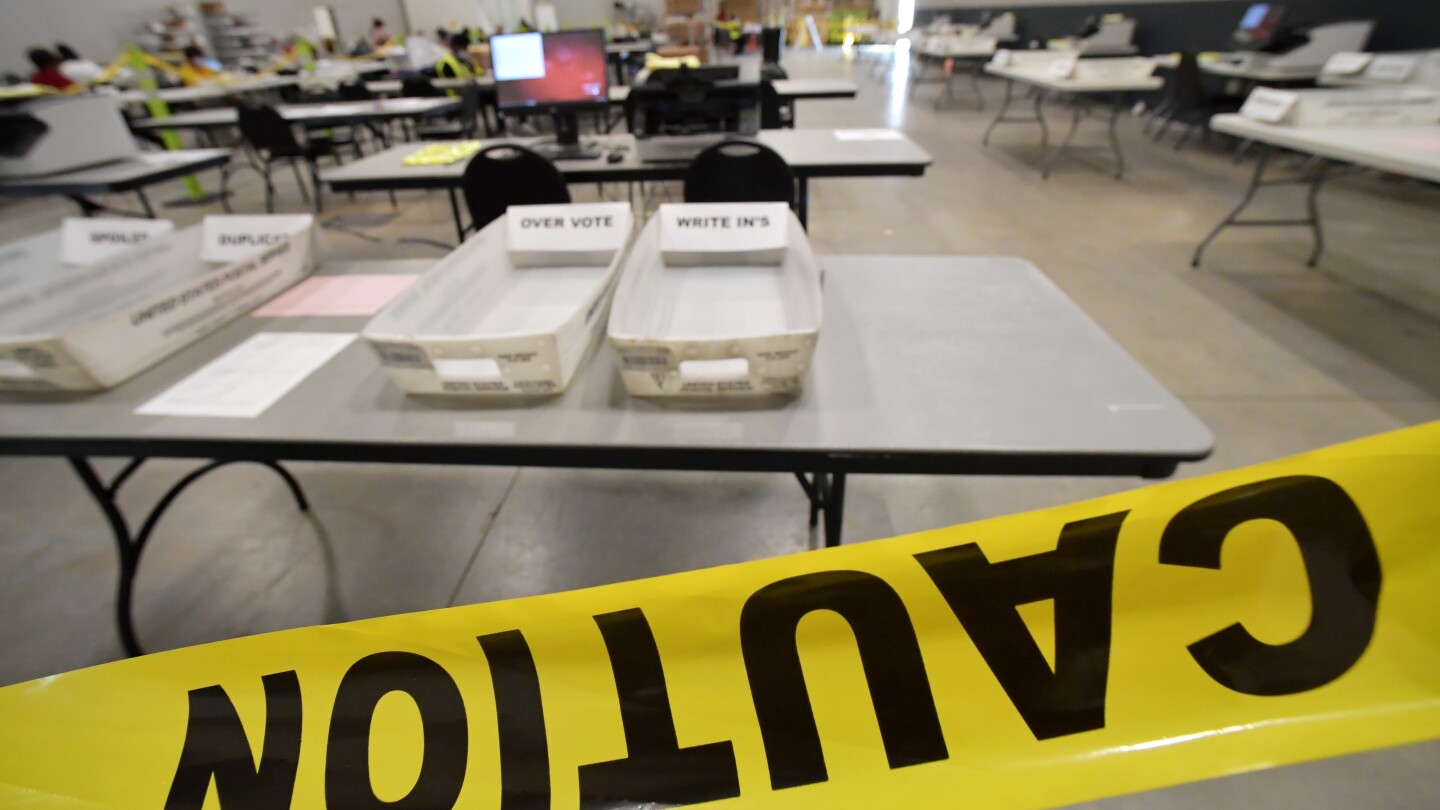- cross-posted to:
- [email protected]
- cross-posted to:
- [email protected]
A Fulton County Superior Court judge in Atlanta signed an order last year requiring True the Vote to provide evidence it had collected, including the names of people who were sources of information, to state elections officials who were frustrated by the group’s refusal to share evidence with investigators.
In their written response, attorneys for True the Vote said the group had no names or other documentary evidence to share.



My favorite part:
“One of its attorneys wrote that a complete response would require True the Vote to identify people to whom it had promised confidentiality.”
Followed by:
"the judge ordered True the Vote to provide copies of any confidentiality agreements it had with sources.
The group’s attorneys replied: “TTV has no such documents in its possession, custody, or control.”"
“Oh, but that would violate our confidentiality agreements.”
“Makese sense, lets see the agreements.”
“. . .”
Wouldn’t that mean the lawyers just lied to the court?
They’ve been lying the whole time.
Yeah, of course, but there’s a difference between lying to us and lying in court.
Lying to us just subverts democracy, which so far doesn’t appear to have any consequences.
However, if an attorney lies in court, that can lead to disbarment.
Well, like I say, they have been lying to the court the whole time.
“We have evidence!”
“Great! Where is it?”
“Our evidence lives in Canada, your honor, you probably don’t know her…”
Could be verbal. It’d be stupid to keep it verbal, but these people aren’t smart.